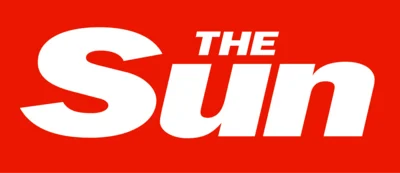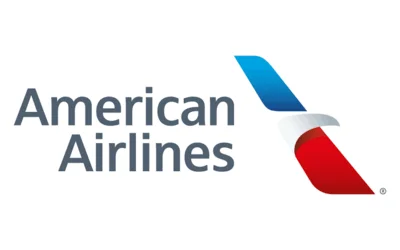Delta Air Lines expressed disappointment with the government's order. In a statement, Delta said: “We are disappointed that the Department of Transportation has chosen to terminate its approval of the strategic and pro-competitive partnership between Delta and Aeromexico, a decision that will cause significant harm to US jobs, communities and consumers traveling between the US and Mexico. We are reviewing the Department’s order and considering next steps.”
Delta holds a 20% equity stake in Aeromexico. However, according to reports, DOT did not require Delta to sell this minority share as part of its order.
The background for this move includes the US-Mexico Open Skies Agreement signed in 2015, which aimed to liberalize air travel between both countries by increasing market access for passenger and cargo services. Following this agreement, Delta Air Lines and Aeromexico were granted antitrust immunity (ATI) in 2016 so they could jointly plan their operations across borders.
Earlier this year, amid a trade dispute between the US and Mexico unrelated directly to aviation issues, DOT warned it might revoke ATI due to what it described as restrictive policies by Mexican authorities. These included reductions in permitted aircraft movements at Mexico City International Airport as well as slot allocation practices that limit competition for US airlines.
Slot allocation issues are not unique to North America; European airports such as London Heathrow face similar challenges where securing landing slots is difficult due to high demand or imposed caps like those at Dublin Airport. Past administrations have raised concerns about these restrictions potentially affecting American carriers' access abroad.
Trade disputes under previous administrations led to increased tariffs on materials critical for airline operations—such as aluminum, steel, and aircraft parts—which raised costs for airlines like Boeing’s customers. Retaliatory tariffs from other countries further complicated supply chains while also impacting international route demand due to economic uncertainty.
 Alerts Sign-up
Alerts Sign-up




































